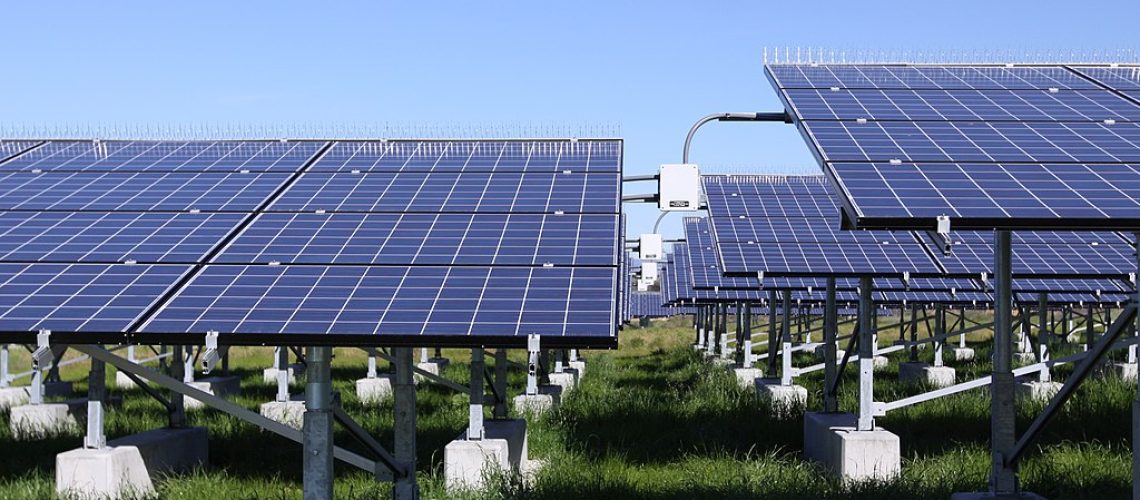“Climate change is one of the most destabilizing forces of our time, exacerbating other national security concerns and posing serious readiness challenges,” said Secretary of the Navy Carlos Del Toro, in announcing the target.
May 31, 2022
The United States Department of the Navy announced it will make progress toward achieving 100% carbon pollution-free electricity by 2030, with at least half of that from locally supplied clean energy. By 2035, the US Navy and Marine Corps will aim for 100% zero-emission vehicles, including 100% zero-emission light-duty vehicles by 2027.
The Department committed to ensure continuity of operations of critical missions by deploying cyber-secure microgrids or comparable resilience technologies that combine carbon-free generation and long-duration battery storage.
A 90-day planning process will establish how to meet the targets.
While the strategy document does not address the expected contribution of solar, it highlights an existing solar plant and a planned large-scale battery energy storage system at Marine Corps Air Station Miramar in California, and existing mobile and deployable solar-powered electric vehicle charging stations at Marine Corps Logistics Base Albany in Georgia. The document also highlights geothermal and landfill gas generation.
Chain of command
Secretary of the Navy Carlos Del Toro said that President Biden has prioritized climate change as an essential element of national security. Secretary of Defense Lloyd Austin has championed that prioritization, he said, while partners and allies around the globe are “similarly focused and committed.”
“For the Department of Navy, this is existential,” Del Toro said. “If we do not act, as sea levels rise, bases like Norfolk Naval Base and Marine Corps Recruit Depot Parris Island will be severely tested in their ability to support their missions. We will see more extreme heat events, with temperatures at-or-above 90 degrees Fahrenheit, requiring strenuous activity – including mission-essential training – be curtailed because it is not safe.” Strain on the grid “as people compete for energy to cool off,” he said, will make the Navy’s “mission and our people vulnerable to an outage.”
“Doing our part to reduce the destabilizing threat of climate change and to ensure our ability to operate in an increasingly unstable future is an integral part of our mission and will make us a more capable, agile, and lethal fighting force,” the document says.
The US Army has previously committed to using 100% clean electricity by 2030.



